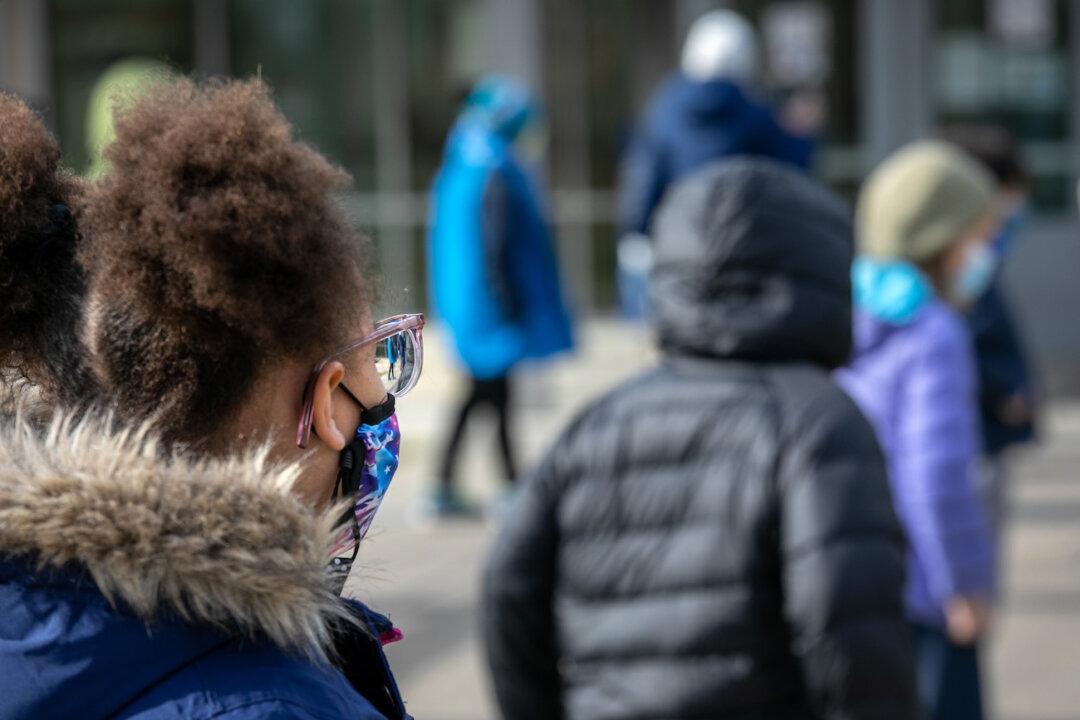More than 150 children in California have been diagnosed with a rare, potentially life-threatening syndrome associated with the CCP virus since the outbreak first began in March.
As of Dec. 14, least 152 children in the state have been diagnosed with the condition, officially called “Pediatric Multi-System Inflammatory Syndrome Potentially Associated with COVID-19,” or MIS-C, according to California’s Department of Public Health.





